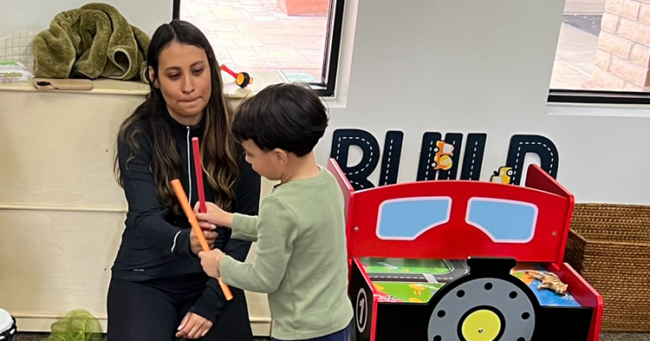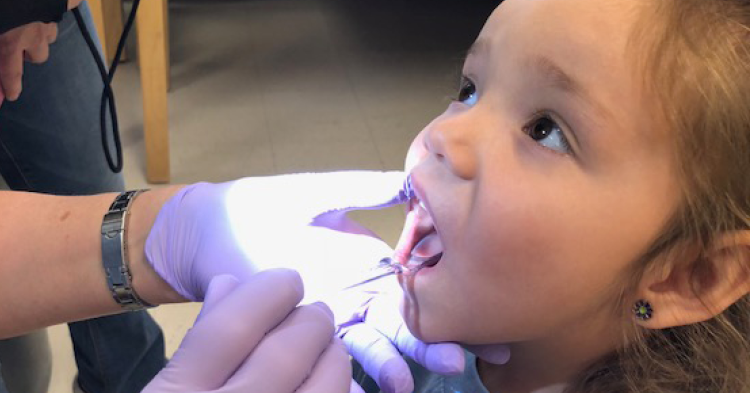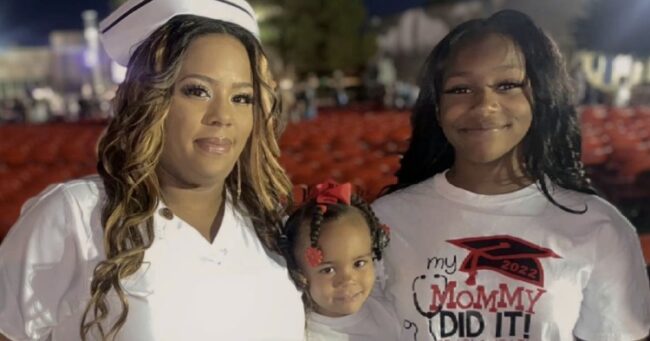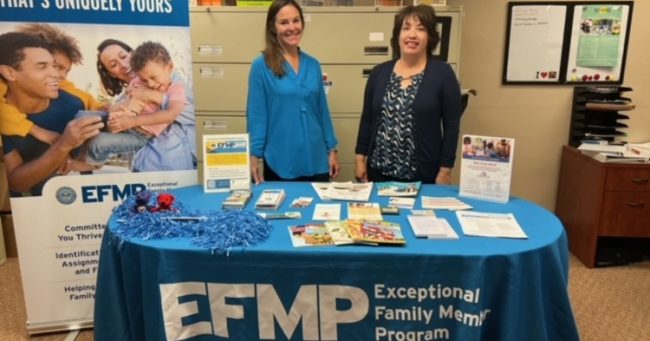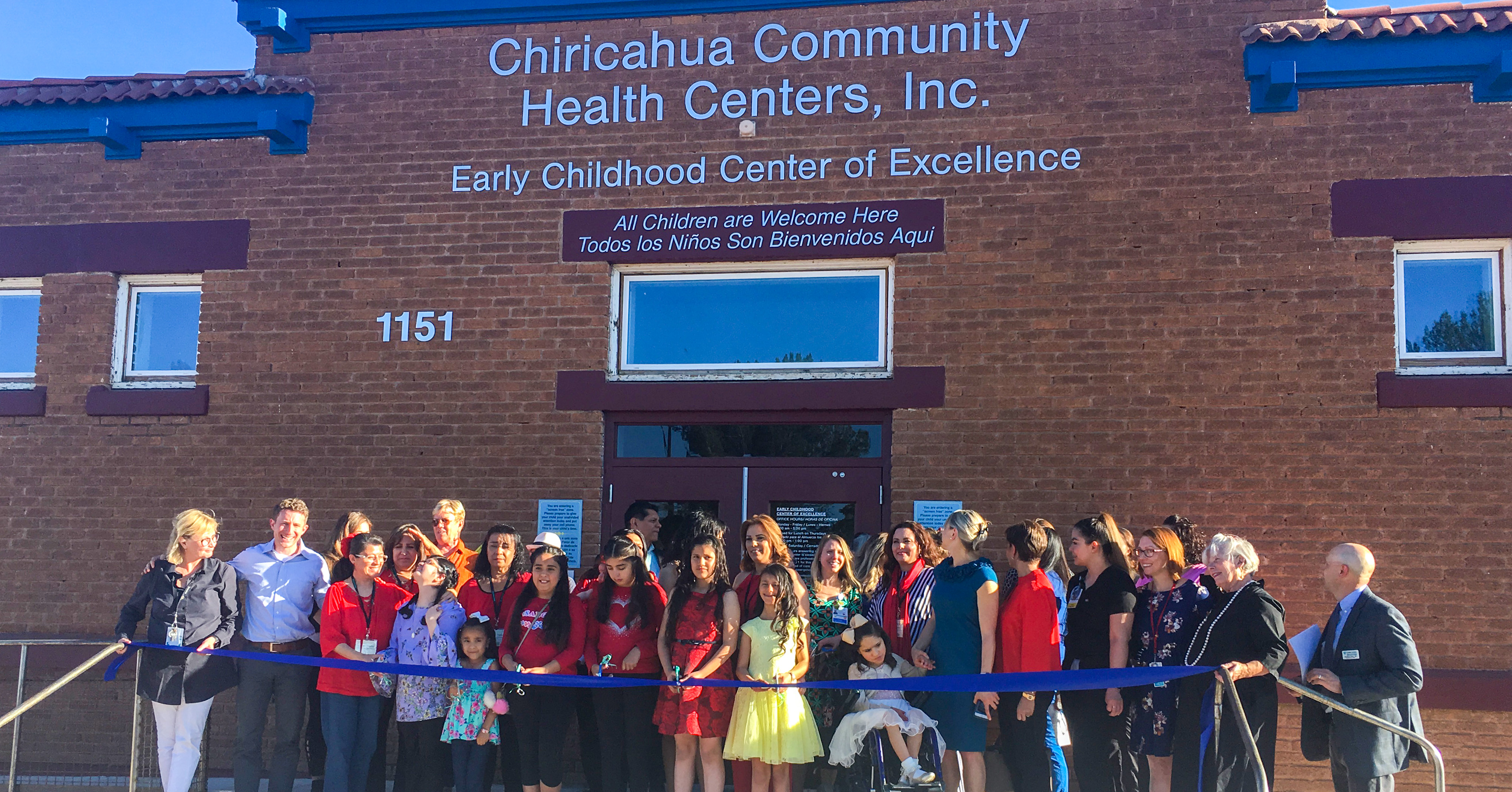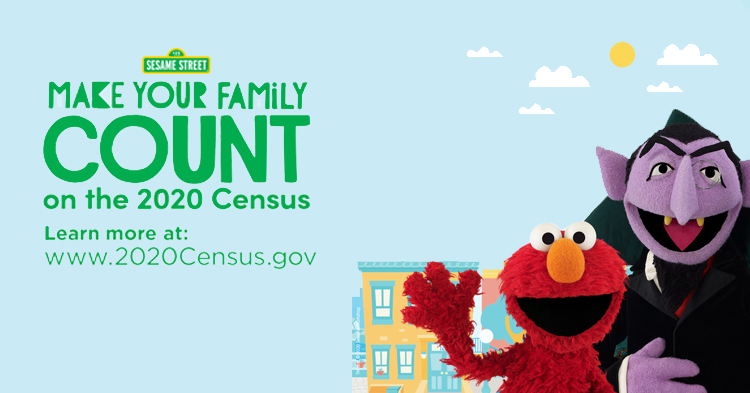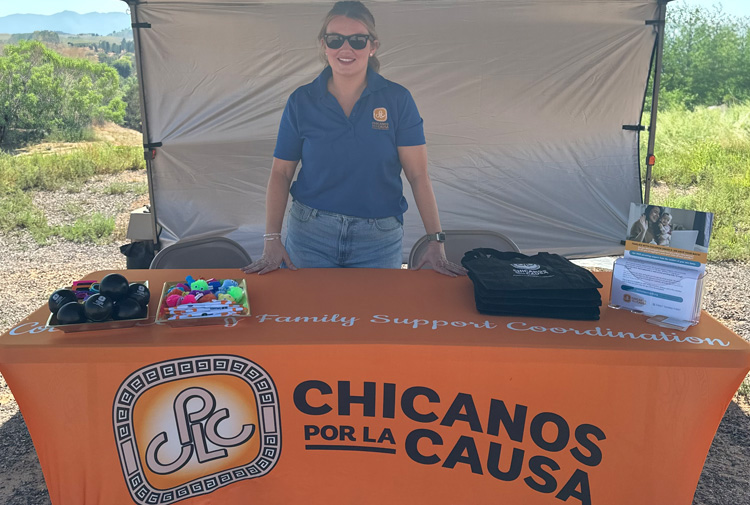
A few years ago the First Things First Cochise Regional Council knew they had to make some tough decisions on what type of early childhood programming to fund. They were at the beginning of planning a four-year strategic plan cycle and considering their different options in helping families with babies, toddlers and preschoolers.
Knowing that funding was limited, the regional council hosted a town hall to hear from its rural community members.
“There’s always been that conversation that we can’t be everything to everyone,” said FTF Cochise Regional Director Melissa Avant. But certain topics emerged from the different panels, and one of the top needs was that the community wanted help navigating and connecting families to resources.
“We’ve had resource guides and we’ve partnered with the state’s 211 (information and referral service) and families still didn’t know where to go,” Avant said.
In some communities, a family resource center is one way to connect families to resources. These one-stop shops provide families with the information, resources and services they need to support their child’s optimal health and development.
But funding a family resource center can be a costly brick-and-mortar expense and in communities like in Cochise County, it can be difficult to drive from one place to another in the hope that a family will find the help they need.
The Cochise Regional Council recognized that family resources are hard to access and there are many factors, called social determinants of health, that go into addressing a family’s success. The regional council felt implementing a family support coordination strategy would be the best way to help families find resources.
The regional council was descriptive in how they wanted the strategy to work, Avant said.
They wanted family support coordinators in specific county hubs to be a point of contact for families. The regional council also required the use of the state’s closed loop referral system, CommunityCares, which is funded through the Arizona Health Care Cost Containment System across the state.

CommunityCares is a tool that helps AHCCCS health care providers and community-based organizations quickly and efficiently screen and refer for health-related social needs.
The Cochise Region’s two-prong approach to family support coordination works like this: the family support coordination navigators enroll the families. For example, if a family is looking for diapers, a referral is sent and if there’s a nearby organization that can help, the family is connected with them.
And on a larger scale, the navigators are also finding community-based organizations that are entered into the statewide CommunityCares database to expand the network.
Geographically, Cochise County and its cities and towns are spread apart, Avant said. If you look at the five communities that the hubs were chosen for: Bisbee, Benson, Douglas, Willcox and Sierra Vista, driving from one community to another would be about 120 miles one way.
Chicanos Por La Causa Parenting AZ was awarded the grant to provide family support coordination for FTF in Cochise County. Family support coordination services started earlier this year.
“We have family support coordinators in three of our five HUB cities, Sierra Vista, Douglas and Willcox and those three coordinators work throughout Cochise County,” said Betty Caratachea, a program supervisor for the program. “They bring the things that a family resource center would have to a family to help them build goals toward concrete support.”
Concrete supports is one of five protective factors that the Center for the Study of Social Policy says help families eliminate stress more effectively and that can mitigate and reduce adverse childhood experiences. Concrete supports in times of need helps to ensure families receive basic necessities and help minimize stress.
The rural setting amplifies the lack of support, Caratachea said.
Bringing services to families helps them achieve goals that they have chosen and helps them build and teach the families the rest of the protective factors to help them help themselves.
“We teach them how to get involved in their community and how to be an advocate for themselves and the things that they need,” Caratachea said.
For some families it could be connecting them with a food bank, Mommy and Me classes, breastfeeding groups, help enrolling in WIC or Department of Economic Security services or helping locate child care.
In most cases, the coordinator is with the family for about 60 to 90 days.
“That’s what we’re doing – bringing the supports that a family resource center might have to their doorstep,” Caratachea said. “We meet them where they’re at.”
Currently the team is recruiting families into the program. They start by talking to families and letting them know how they can help. Outreach sometimes look different in rural communities.
“It’s a lot of word of mouth,” Caratachea said. “It’s a face-to-face conversation. Going to the local schools, baseball games, pools. You have to know where families are going to be.”
Once enrolled, the coordinator will set up times to meet with the family where they feel comfortable, sometimes it’s at a nearby coffee shop and sometimes it’s virtual.
“Each of these communities – Willcox, Benson, Sierra Vista, Bisbee Douglas – all five of those cities have different ages, cultures, in some we see a lot of grandparents,” Caratachea said. “It’s important for our staff to understand and learn from them. We noticed that one community does movie night. It is one of their community things. Advertising of the program is continuous and now we’re branching out into additional communities in the county like Tombstone and Huachuca City. This is going to fly off in an amazing way.”


